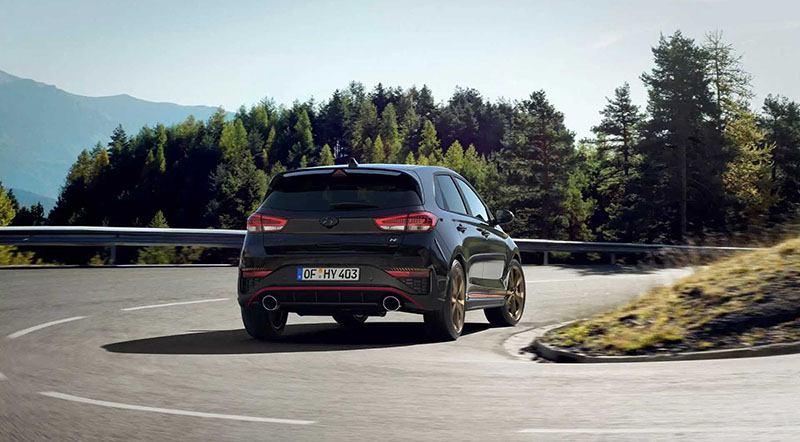Hyundai has recently demonstrated its awareness that not all individuals have an affinity towards crossovers and SUVs. In fact, they remain steadfast in their commitment to selling “good old cars.” According to Michael Cole, the European chief at Hyundai, who spoke to Autocar during the launch of the innovative Kona, the brand has confirmed its extensive plans for the next-generation i10, i20, and i30 models. This is particularly noteworthy given the fact that numerous other mainstream automakers appear to be gradually deviating from the production of subcompact and compact cars. Instead, Hyundai has unyieldingly resolved to continue to cater to the interests of those who are enthusiastic about small hatchbacks.
The preeminent automaker is currently engaging in an intricate process of strategising and envisioning what lies ahead in the long term for its brand. As it stands, the remarkable i10, i20, and i30 models remain a crucial component of their overarching plan, even in the forthcoming generation. Hyundai is steadfast in its commitment to satisfying the needs of every customer group, and as such, it is of the utmost importance that they do not disregard the interests of the i10, i20, and i30 customer segments.
However, in light of the increasingly stringent emissions regulations, these models will inevitably require some degree of electrification. The unrelenting need for sustainability and environmental protection has necessitated that Hyundai must convert all their vehicles into EVs in the foreseeable future. In fact, their promise of selling only zero-emission vehicles in Europe by the year 2035 is a matter of utmost importance. Fortunately, this promise is not set to be fulfilled until 12 years from now, allowing the automaker ample time to create and unveil the i10, i20, and i30 next-generation models to meet the electrification requirements while continuing to cater to the needs of their diverse customer base.
We mustn’t overlook the fact that there is yet another superb vehicle on the horizon – the much-awaited Elantra, brimming with gasoline and a penchant for an N version. The revelation, imparted by the esteemed Executive Technical Advisor Albert Biermann, was disclosed towards the end of the previous year. Furthermore, Biermann elucidated that the i30 N, the Elantra N’s fiery hot hatch counterpart, will likely be discontinued in European markets due to the increasingly stringent emissions regulations.

As for the highly-anticipated Kona N, it has recently been brought to our attention that the upcoming next-generation model will have to transform into an EV. However, the existence of the Kona N is wholly contingent upon the triumph and triumph alone of the forthcoming Ioniq 5 N.
Whilst Hyundai has opted to stay faithful to their small cars in the short-term, the future of conventionally powered vehicles in Europe looks to be hanging in the balance. The impending arrival of the Euro 7 regulations in the latter half of this decade will invariably augment the cost of purchasing a vehicle, by thousands of euros, to the point where it will become prohibitively expensive for this segment. As a result, a growing number of automakers will doubtlessly follow suit and discontinue their small internal combustion engine (ICE) cars or convert them into EVs.
Regrettably, sporty vehicles such as the i20 N and VW Polo GTI are the most susceptible to these developments due to their high emissions. In fact, the situation is already so severe that the order books for the diminutive up! GTI have been officially closed. This serves as an illuminating example of the challenges faced by automakers who produce sporty models that do not comply with the stricter emissions regulations.
Source and Images: Autocar & Motor1
